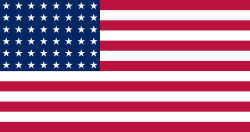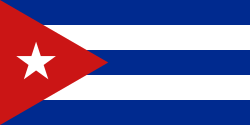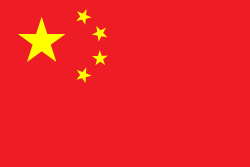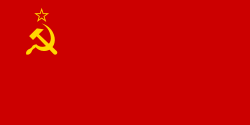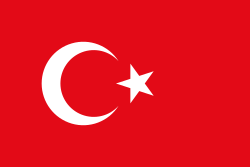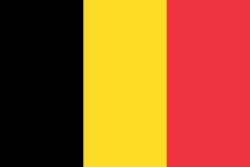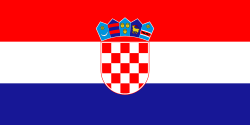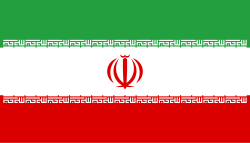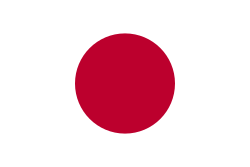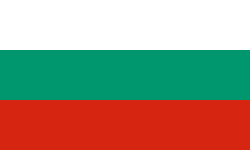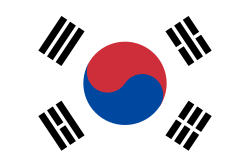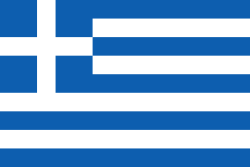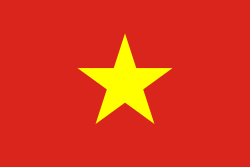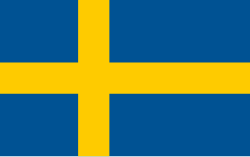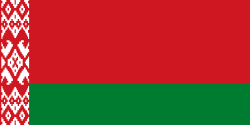Norair Nurikjan
| Norair Nurikjan | |
|---|---|
| Osobní informace | |
| Datum narození | 26. července 1948 |
| Místo narození | Sliven |
| Datum úmrtí | 11. března 2025 (ve věku 76 let) |
| Některá data mohou pocházet z datové položky. Chybí svobodný obrázek. | |
Norair Nurikyan (bulharsky: Норайр Нурикян; arménsky: Նորայր Նուրիկյան, 26. července 1948 Sliven – 11. března 2025) byl bulharský vzpěrač arménské národnosti. Vybojoval dvě zlaté olympijské medaile, na olympijských hrách v Mnichově roku 1972 ve váze do 60 kilogramů a na olympijských hrách v Montréalu roku 1976 ve váze do 56 kilogramů.[1] Byl také dvojnásobným mistrem světa (1972, 1976) a mistrem Evropy (1976). Během své kariéry překonal čtyři světové rekordy. V roce 1994 byl uveden do mezinárodní vzpěračské síně slávy.[2]
| Přehled medailí | ||
|---|---|---|
| zlato | LOH 1972 | pérová váha |
| zlato | LOH 1976 | bantamová váha |
| Mistrovství světa ve vzpírání | ||
| zlato | MS 1972 | pérová váha |
| zlato | MS 1976 | bantamová váha |
V mládí začínal s basketbalem, ale neměl dostatečnou výšku. Poté ho objevil slavný bulharský vzpěračský trenér Ivan Abadžiev, jemuž Nurikjan vždy připisoval své úspěchy. Po skončení závodní kariéry se také stal jeho asistentem u bulharské reprezentace, posléze sám jako trenér reprezentaci krátce vedl.
Reference
V tomto článku byl použit překlad textu z článku Norair Nurikyan na anglické Wikipedii.
- ↑ Norair NURIKYAN - Olympic Weightlifting | Bulgaria. International Olympic Committee [online]. 2016-06-16 [cit. 2020-08-24]. Dostupné online. (anglicky)
- ↑ Weightlifting Hall Of Fame - List Of Members [online]. International Weightlifting Federation [cit. 2020-08-24]. Dostupné online. (anglicky)
Externí odkazy
- Norair Nurikjan v databázi Olympedia (anglicky)
Média použitá na této stránce
Olympic Rings without "rims" (gaps between the rings), As used, eg. in the logos of the 2008 and 2016 Olympics. The colour scheme applied here was specified in 2023 guidelines.
Olympic Rings without "rims" (gaps between the rings), As used, eg. in the logos of the 2008 and 2016 Olympics. The colour scheme applied here was specified in 2023 guidelines.
US Flag with 48 stars. In use for 47 years from July 4, 1912, to July 3, 1959.
this is the flag of the Soviet Union in 1936. It was later replaced by File:Flag of the Soviet Union (1955-1980).svg.
this is the flag of the Soviet Union in 1936. It was later replaced by File:Flag of the Soviet Union (1955-1980).svg.
(c) I, Cmapm, CC BY-SA 3.0
The flag of the Soviet Union (1955-1991) using a darker shade of red.
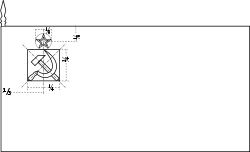
(c) I, Cmapm, CC BY-SA 3.0
The flag of the Soviet Union (1955-1991) using a darker shade of red.

Autor: Scroch, Licence: CC BY-SA 3.0
Flag of Bulgaria (1971-1990). Flag of Bulgaria with Bulgarian coat from 1971.
Autor: Scroch, Licence: CC BY-SA 3.0
Flag of Bulgaria (1971-1990). Flag of Bulgaria with Bulgarian coat from 1971.
Flag of South Korea from 21 February 1984 to 15 October 1997, when the exact colors were specified into their shades.
The civil ensign and flag of Belgium. It is identical to Image:Flag of Belgium.svg except that it has a 2:3 ratio, instead of 13:15.
Autor: F l a n k e r, Licence: CC BY-SA 2.5
Flag of the Kingdom of Sardinia (1851-1861) and of the Kingdom of Italy (1861-1946). Use: Civil flag and ensign. In a governmental or a military context, the crowned version (see Crowned version) was always used (as State flag and naval ensign).
Autor: F l a n k e r, Licence: CC BY-SA 2.5
Flag of the Kingdom of Sardinia (1851-1861) and of the Kingdom of Italy (1861-1946). Use: Civil flag and ensign. In a governmental or a military context, the crowned version (see Crowned version) was always used (as State flag and naval ensign).
flag of the Kingdom of Egypt (1922–1953) and the Republic of Egypt (1953–1958).
flag of the Kingdom of Egypt (1922–1953) and the Republic of Egypt (1953–1958).
Variant version of a flag of Japan, used between January 27, 1870 and August 13, 1999 (aspect ratio 7:10).
Při zobrazení tohoto souboru lze snadno přidat orámování
Flag of Iran. The tricolor flag was introduced in 1906, but after the Islamic Revolution of 1979 the Arabic words 'Allahu akbar' ('God is great'), written in the Kufic script of the Qur'an and repeated 22 times, were added to the red and green strips where they border the white central strip and in the middle is the emblem of Iran (which is a stylized Persian alphabet of the Arabic word Allah ("God")).
The official ISIRI standard (translation at FotW) gives two slightly different methods of construction for the flag: a compass-and-straightedge construction used for File:Flag of Iran (official).svg, and a "simplified" construction sheet with rational numbers used for this file.
Chinese Taipei Olympic Flag. According to the official website of Chinese Taipei Olympic Committee, Blue Sky(circle) & White Sun(triangles) above the Olympic rings is neither the National Emblem of the Republic of China, nor the Party Emblem of Kuomintang (KMT), but a design in between, where the triangles do not extend to the edge of the blue circle, as registered at International Olympic Committee in 1981 and digitally rendered in 2013. Besides, the blue outline of the five-petaled plum blossom is broader than the red one. Moreover, the CMYK code of the blue one and the Blue Sky & White Sun is "C100-M100-Y0-K0", and different from the Olympic rings (C100-M25-Y0-K0). Note that it's the only version recognized by IOC.
Chinese Taipei Olympic Flag. According to the official website of Chinese Taipei Olympic Committee, Blue Sky(circle) & White Sun(triangles) above the Olympic rings is neither the National Emblem of the Republic of China, nor the Party Emblem of Kuomintang (KMT), but a design in between, where the triangles do not extend to the edge of the blue circle, as registered at International Olympic Committee in 1981 and digitally rendered in 2013. Besides, the blue outline of the five-petaled plum blossom is broader than the red one. Moreover, the CMYK code of the blue one and the Blue Sky & White Sun is "C100-M100-Y0-K0", and different from the Olympic rings (C100-M25-Y0-K0). Note that it's the only version recognized by IOC.
bendera Indonesia
Autor: Dragovit (of the collage), Licence: CC BY-SA 4.0
Both national flags of Austro-Hungary, the collage of flags of the Cisleithania (Habsburg Monarchy) and the Transleithania (Kingdom of Hungary)
Flag of the Germans(1866-1871)
Flag of the Germans(1866-1871)
National flag and merchant ensign of Germany from 1933 to 1935.
National flag and merchant ensign of Germany from 1933 to 1935.

